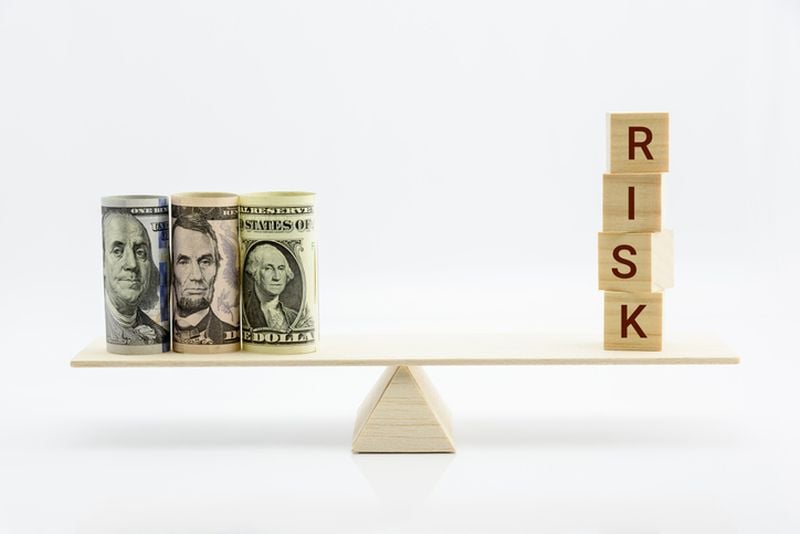Just to confuse the issue further, different investopedia article:
Which Creditors Are Paid First in a Liquidation?.
Looks like it depends on the underlying contracts of preferred equity and bonds. If the bond holder has a secured position, ie a first lien on a certain asset, then that party is paid first. All secured debts whether in first lien, second lien, etc are paid first. Then unsecured debts are paid. Often, but not always, preferred stock does not have a secured claim to a particular asset. They usually have a claim in the first share if any profits of the company. The preferred equity is structured so that it is paid before common equity, which is also unsecured. If you look at the income statement, earnings come after interest is paid to bond holders and taxes are paid. Preferred equity typically only has a claim on the final line, the earnings. They get paid from the earnings before the common equity. The long and short seems to be that the shares docs have are worthless in a default for usacs and the preferred equity may or may not be. It depends if the preferred equity is structured as a secured or unsecured position. Naming convention is most commonly that this would be unsecured in terms of an asset they have a claim on, but they do have a contractual guarantee usually to any profits. In bankruptcy, there are no profits so they wouldn’t necessarily have any claim until after the bondholders get their principal back.


